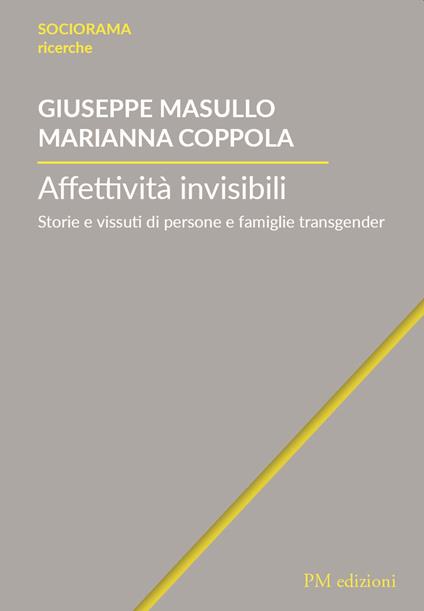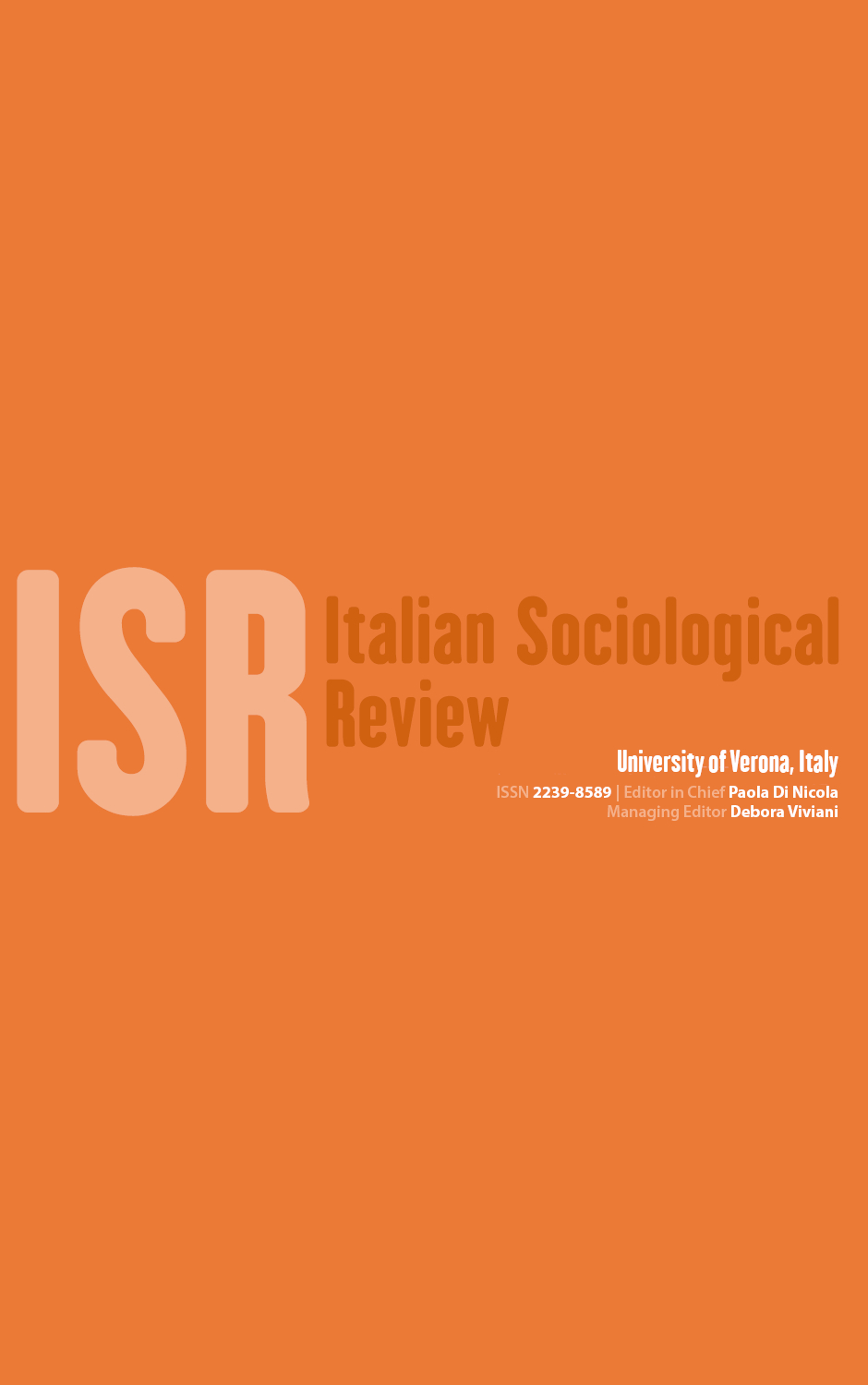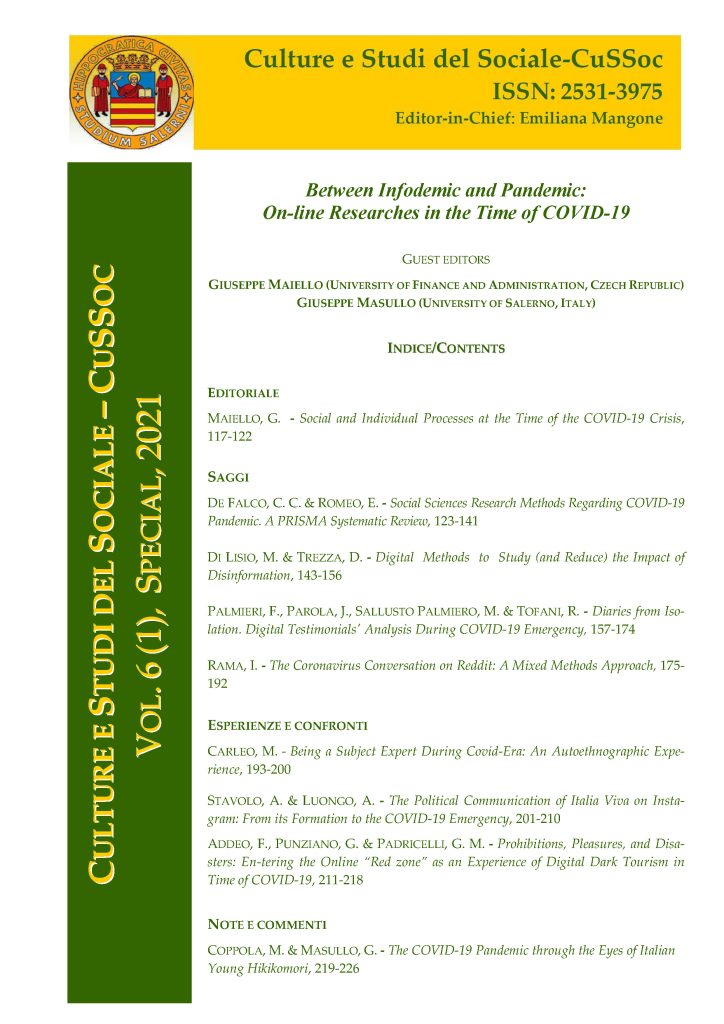Masullo, G., Coppola, M., (2022). Affettività Invisibili. Storie e vissuti di persone e famiglie transgender. PM Edizioni. Milano.
Type of publication: Monography
Il concetto di famiglia ha acquisito, nel corso dei decenni, maggiori forme di legittimazione sul piano scientifico anche se, tuttavia, i percorsi di analisi hanno sottolineato una posizione tradizionale che non contempla le famiglie omogenitoriale. Ciò partendo dall’assunto che la capacità genitoriale corrisponda a un dato tipo di famiglia, e non alla sua principalmente funzione del prendersi cura. Questo ha comportato, inoltre, un lasciare ai margini, le esistenze oltre che i problemi socio-politici incontrati da individui che esistono al di fuori delle categorie più normalizzate (quelle di gay e lesbiche cisgender), e che restano fuori (per scelta o per costrizione) dalla questione della genitorialità e del matrimonio (unione civile).
Questo volume cerca, dunque, intende proprio dare voce alle esperienze di persone e coppie transgender, ai vari modi in cui le nozioni di famiglia sono decostruite e ricostruite per adattarsi a identità, sessualità e disposizioni non normative. Dalle storie emerge come la scelta “del fare famiglia” delle persone transgender (sia in coppia switch sia in coppia gender-mixed) si basa principalmente su due aspetti: la buona riuscita del percorso di transizione di genere (di uno o di entrambi i partner), il riconoscimento sociale della coppia. I vissuti qui descritti permettono di rendere evidente gli immaginari che riproducono queste nuove tipologie di famiglia (sulle quali nel nostro Paese mancano analisi e ricerche specifiche) oltre che inedite forme di oppressione che si evidenziano “in” e “out” la comunità arcobaleno, sullo sfondo di modelli ideali forgiati e diffusi nell’orizzonte etero-omonormativo.









